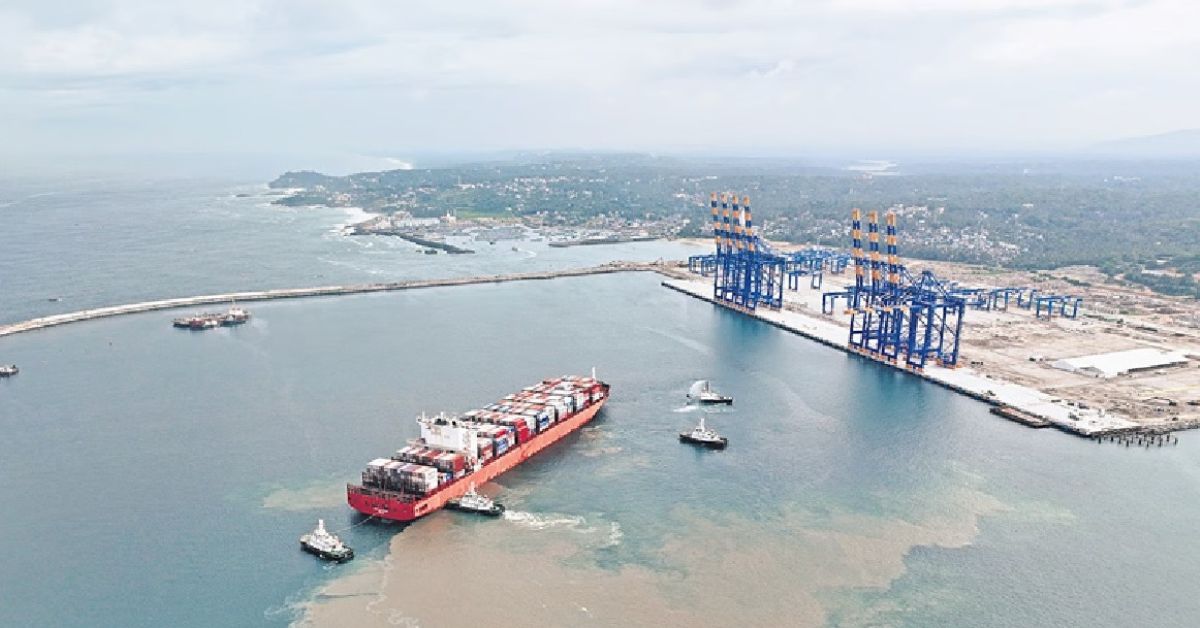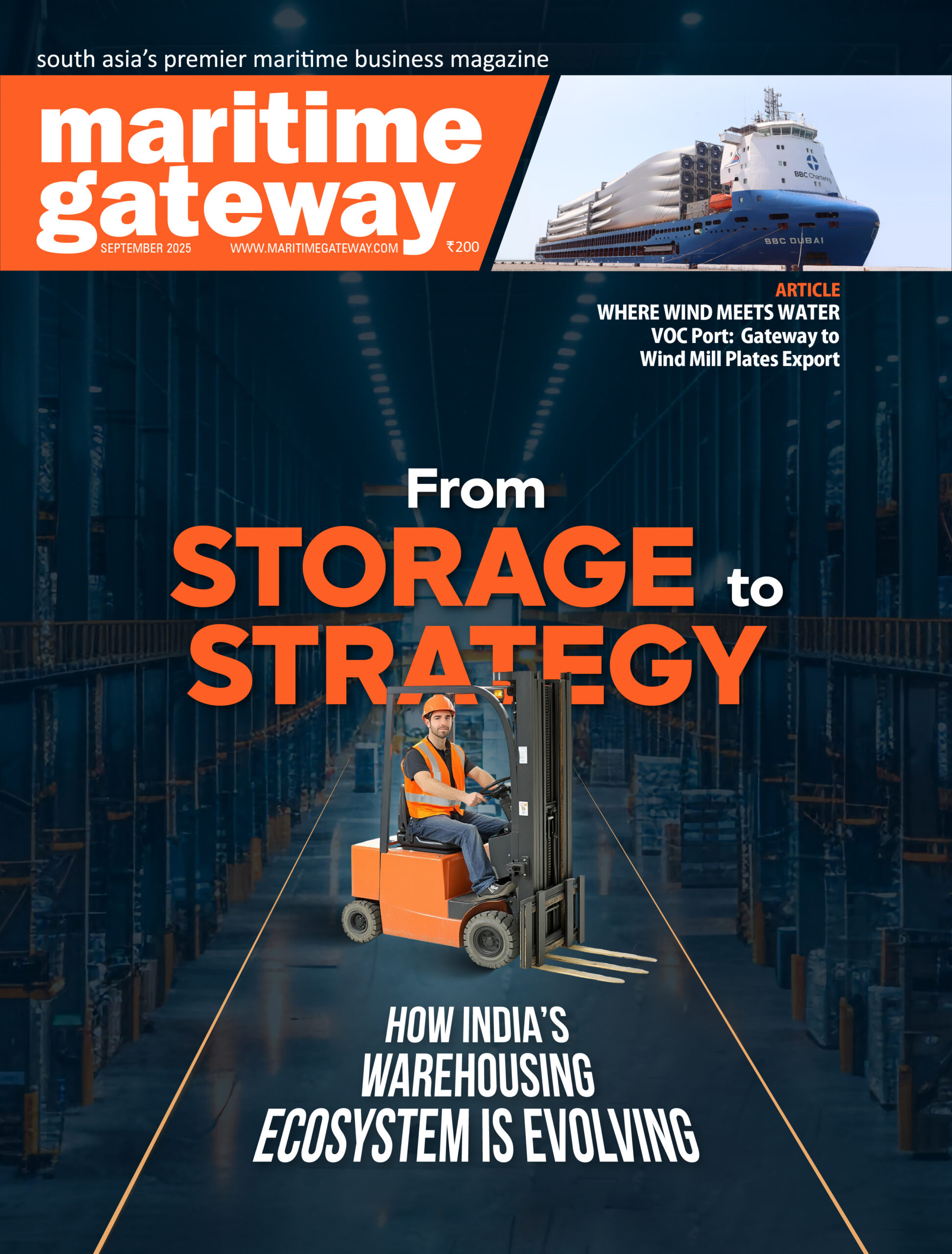Vizhinjam Port finally came to life and was inaugurated by Prime Minister Narendra Modi. The project has navigated through numerous hurdles — legal, environmental, logistical, and financial.
The vision to establish a deep-sea port at Vizhinjam was first set in motion in 1991. However, for next two decades, the project saw repeated failures due to security concerns, legal disputes during bidding, and a persistent lack of investor interest.
A major breakthrough came in August 2015 when the Kerala government signed an agreement with Adani Ports and SEZ Ltd (APSEZ) to develop the port under a Public-Private Partnership (PPP) model. This marked a crucial turning point, pushing the long-pending project towards actualisation.
After several failed bids in 1995, 2004, 2008, and 2010, the project was restructured in 2014 by the Government of Kerala with financial viability gap funding from the Centre and strong support from the state government.
Adani Ports emerged as the sole bidder and was awarded a 40-year concession to build, operate, and transfer the port, with a potential extension of 20 more years. The group stated that the journey to execution was anything but smooth. Cyclone Ockhi in 2017 caused severe damage to the under-construction breakwater. Material shortages, particularly limestone, added to delays. Local agitations over coastal erosion and livelihood issues, along with disruptions from the Covid-19 pandemic, further hampered progress.
The economic implication of this port is very significant. The port is anticipated to slash logistics costs for Indian manufacturers by 30-40 per cent, boosting export competitiveness. The Adani Group, have already invested over Rs 4,500 crore and plans to pour another Rs 20,000 crore into future phases, aiming to expand capacity of the port to 5 million TEUs by 2028. This expansion is projected to create over 5,000 jobs and unlock a new era of economic growth for the region.
Working in close coordination with the governments of Kerala and India, the Vizhinjam International Seaport is not just a milestone for Adani but a landmark in India’s maritime infrastructure journey.









